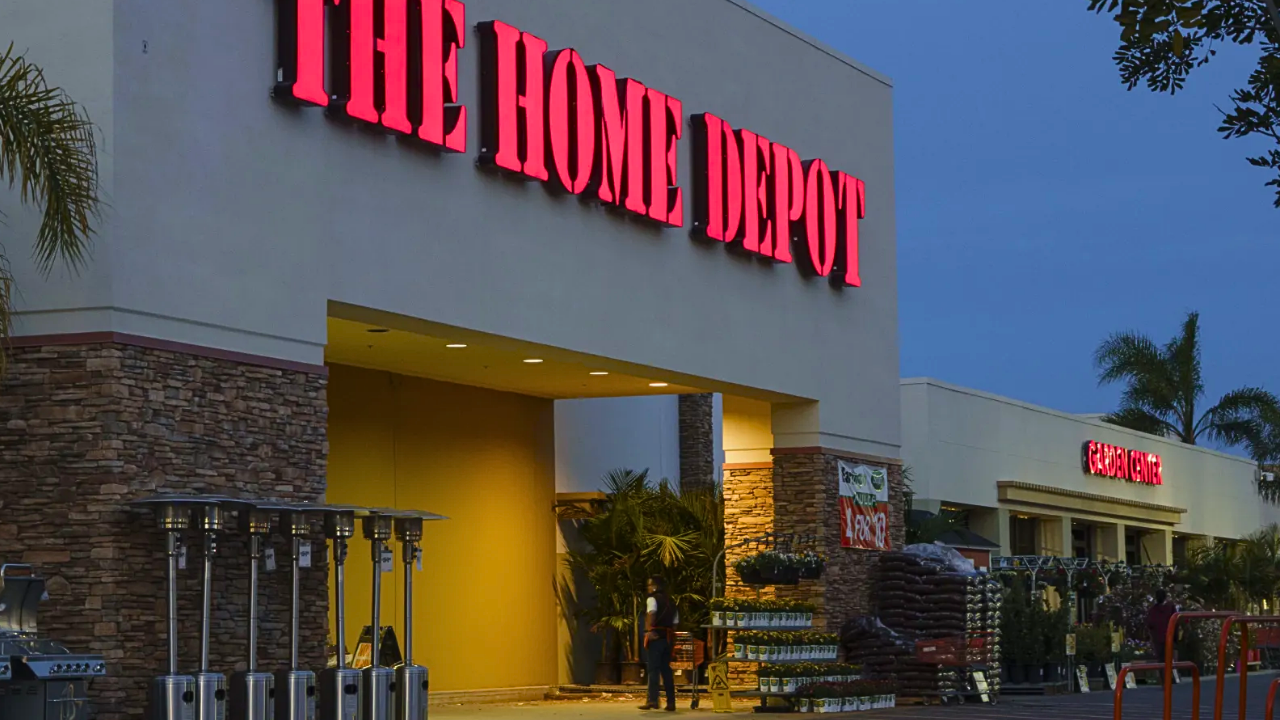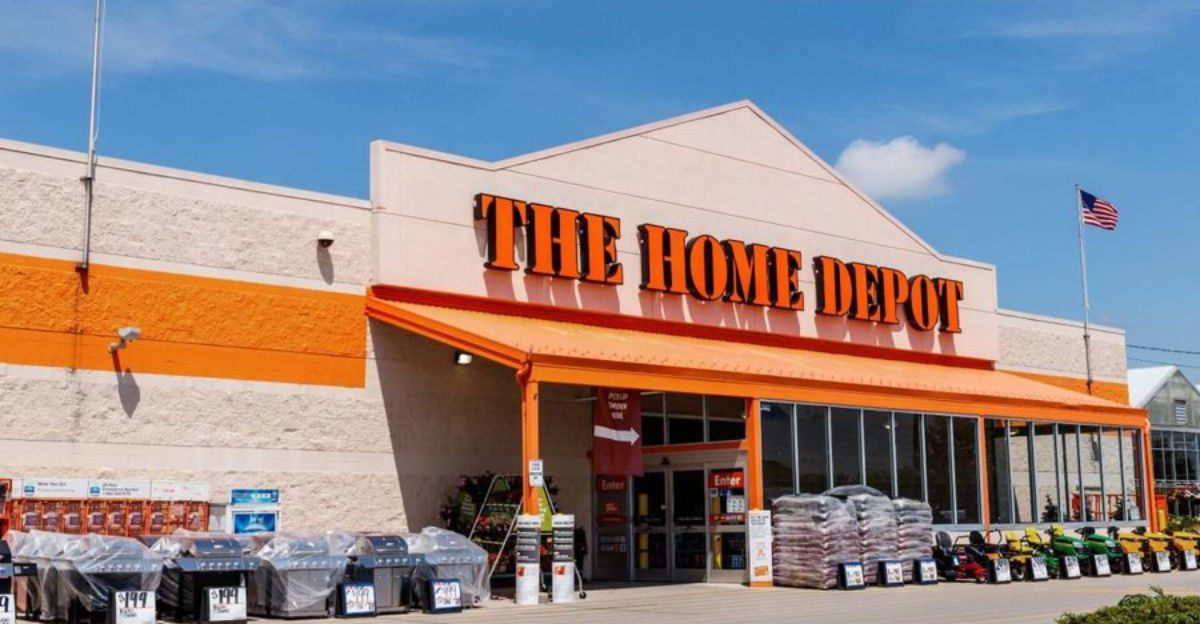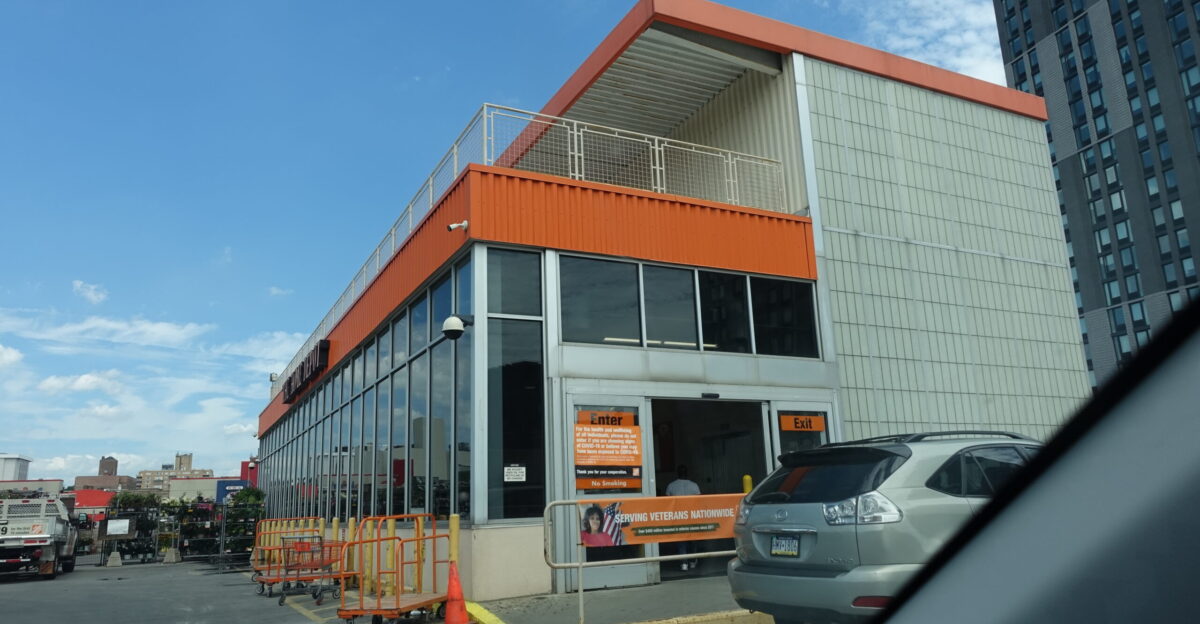
As Thanksgiving week approaches—a period when retailers typically capture nearly 20% of their annual sales—Home Depot finds itself at the center of a coordinated boycott that could reshape the landscape of American consumer activism. From November 27 to December 1, 2025, grassroots organizations are urging shoppers to avoid Home Depot, Amazon, and Target, leveraging the economic power of holiday spending to protest corporate practices they say undermine worker protections and democratic values.
Values-Driven Shopping Gains Momentum

Recent research highlights a dramatic shift in consumer priorities. According to Lending Tree, 45% of Americans now research company values before making purchases, 31% have boycotted brands for ethical reasons, and a growing number are targeting large corporations. With holiday spending projected to reach an average of $890.49 per consumer and nearly 187 million shoppers expected over Thanksgiving weekend, the stakes for retailers are higher than ever. Analysts suggest that even modest participation in the boycott—between 5% and 10%—could result in significant lost revenue for Home Depot.
A Tumultuous Year for Home Depot

Founded in Atlanta in 1979, Home Depot has grown into the nation’s largest home improvement retailer, operating approximately 2,300 stores across the United States. Yet, 2025 has proven contentious. In March, the company removed its Diversity, Equity, and Inclusion (DEI) page, sparking criticism and early boycott calls. Concerns over immigration enforcement at store locations further fueled activist mobilization. Decisions intended to quiet controversy instead galvanized opposition, setting the stage for the current campaign during the most lucrative shopping week of the year.
Coalition Mobilizes for Economic Impact
The “We Ain’t Buying It” campaign, led by Black Voters Matter, Indivisible, and Until Freedom, represents a significant phase in consumer activism. This alliance targets Amazon, Target, and Home Depot, protesting issues ranging from immigration enforcement to DEI rollbacks and alleged monopoly practices. The timing is strategic: by focusing on Thanksgiving week, organizers hope to maximize financial pressure and demonstrate that activism has evolved from isolated protests to a nationwide economic lever.
Atlanta, Home Depot’s birthplace, has become a symbolic epicenter for the boycott, with coordinated actions in Los Angeles and New York amplifying the campaign’s reach. Urban centers are now focal points for protest, and the ripple effects of these localized efforts may determine the overall effectiveness of the boycott.
Worker Protections and Immigration Enforcement Under Scrutiny

Central to the campaign are allegations of Immigration and Customs Enforcement (ICE) activities at Home Depot locations, particularly those frequented by day laborers seeking work. Activists claim that the company’s properties have become sites of detentions, raising ethical concerns about worker safety. Home Depot maintains that it does not coordinate with ICE and complies with all legal requirements. However, critics argue that legal compliance is no longer enough; consumers increasingly expect corporations to take proactive responsibility for events on their premises.
The reputational gap between regulatory adherence and ethical expectations is widening. With nearly half of Americans researching company values and a third having boycotted for ethical reasons, the pressure on Home Depot to address these concerns is mounting.
Financial and Reputational Risks Intensify
During peak holiday shopping periods, major retailers typically generate substantial revenue. Industry analysis indicates that a modest boycott impact could affect Home Depot’s quarterly performance. Recent trends show vulnerabilities: Q2 2025 sales rose 1.4%, but same-store foot traffic fell 2.6% year-over-year, suggesting that revenue growth is increasingly reliant on price increases rather than customer volume. With mortgage rates above 6%, discretionary spending is already under pressure, and even a small boycott impact could influence fourth-quarter sales.
The precedent set by Target’s 2025 DEI boycott—where measurable declines in sales and foot traffic were observed—demonstrates that coordinated consumer action during peak periods can influence corporate behavior. Home Depot now faces similar economic pressure.
The Stakes: Corporate Response and Future Implications

As the boycott unfolds, Home Depot faces potential outcomes ranging from negotiating with activists to weathering varied financial impacts. The campaign’s outcome will reveal whether American consumers have truly weaponized their shopping power or if business-as-usual will prevail.
Beyond immediate financial effects, the boycott raises broader questions about the intersection of corporate neutrality, political accountability, and consumer ethics. International scrutiny of U.S. corporate practices—especially regarding human rights and immigration enforcement—adds another layer of reputational risk, potentially affecting Home Depot’s global standing.
Ultimately, the 2025 holiday boycott signals a cultural shift: shopping is no longer just a transaction but a form of civic participation. Retailers are being called to align with evolving consumer values or risk organized resistance. By December 1, the verdict will be clear—revealing whether coordinated, ethical consumer pressure can drive change in corporate America.